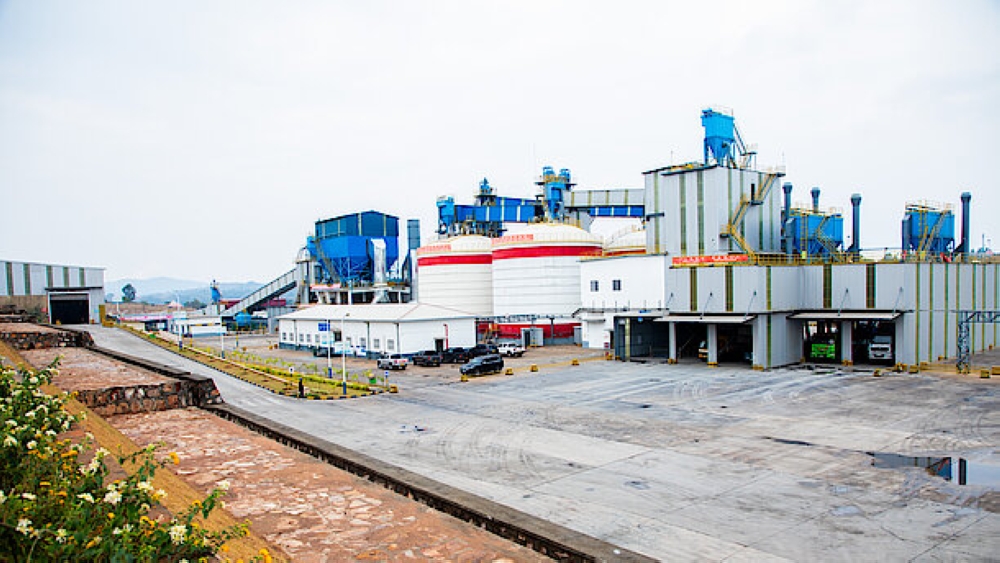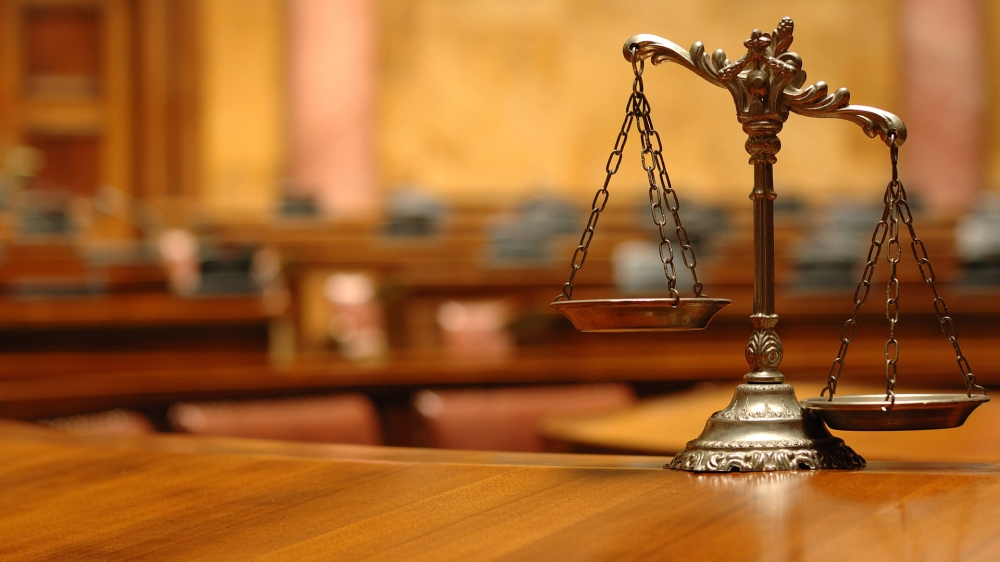The 1994 Genocide against the Tutsi left many Rwandans in grief, mourning and deep pain. It is hard to forgive and move on with life after suffering such a tragedy as befell our country.Jean Paul Samputu, a survivor of the Genocide tells a story of how forgiveness set him free.

The 1994 Genocide against the Tutsi left many Rwandans in grief, mourning and deep pain. It is hard to forgive and move on with life after suffering such a tragedy as befell our country.
Jean Paul Samputu, a survivor of the Genocide tells a story of how forgiveness set him free.
Samputu believes that there’s a lot of freedom that comes with forgiving those who especially killed your relatives or parents.
In Arnold’s book "Why Forgive” Samputu says that it is only the culture of forgiveness which can stop the cycle of violence, and despair.
"Forgiveness has the power to move one in a new motion of a new cycle of hope and love. Forgiving is one’s choice. You choose to forgive and be relieved or stay in deep pain and anxiety.”
"Forgiveness is an act driven by love…. When one forgives, one gets that inner peace and joy, one receives that inner peace of mind.”
In the same book, Raja Shehadeh, a Palestinian human rights Lawyer, says that the act of forgiveness carries a lot of power.
"It is an assertion of one’s identity to have the means and ability to forgive.”
Idealistically speaking, Raja further says that if there is to be peace, there has to be forgiveness. It is our role as Rwandans to choose the life we lead.
Despite the pain, wounds and scars of the Genocide, we have to move on. We have already shown that we can do it. If we learn how to forgive, then shall be able to move on and have a hope for the future.
Forgiveness will also we help us to unity and reconcile with those who caused us great pain and grief. Let’s also not shut the door to those who honestly seek to be forgiven.
Ends




